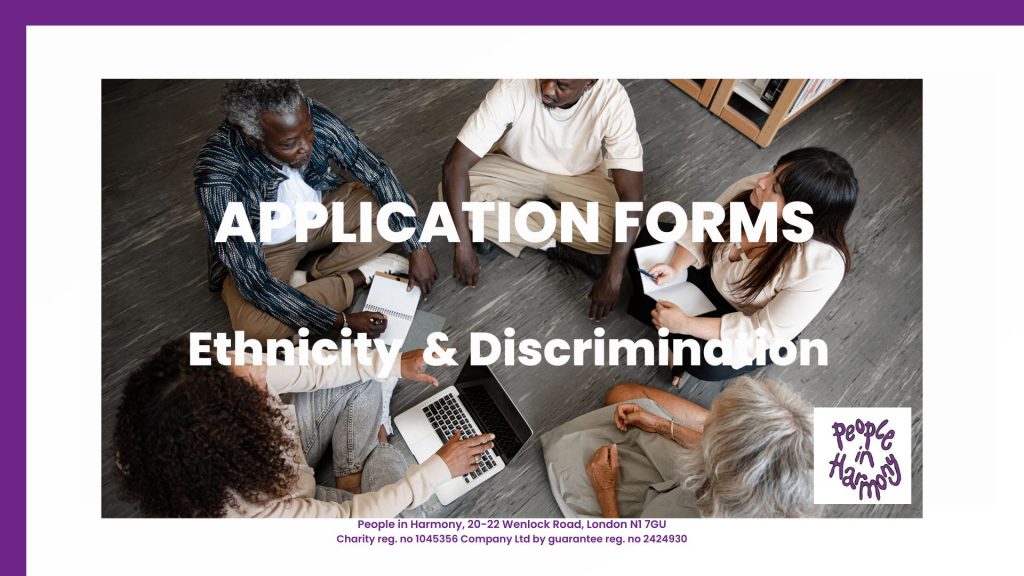Proving discrimination is very difficult and often goes unoticed
“Assessing the Impact of Declining to State One’s Ethnicity on an Application” by Joseph Venezi 2022
- INTRODUCTION
Discrimination exists in many different forms. If an employer knowingly or subconsciously rejects a candidate based on that candidate’s race or ethnicity, then that candidate was discriminated against. Proving such discrimination is very difficult and often goes unnoticed.
According to the GOV.UK website, employers must not ask candidates about ‘protected characteristics’ which include age, gender reassignment, marital status, pregnancy or on maternity leave, disability, race (including colour, nationality, ethnic or national origin), religion or belief, sex, or sexual orientation. However, the employer can choose a candidate who has a protected characteristic over one who does not if they’re both suitable for the job and the employer believes that people with that characteristic are underrepresented in the workforce, profession or industry (GOV.UK, 2021). Of course, the only way an employer can choose a candidate who has a protected characteristic over one who does not is if they asked the question and the applicant answered it.
On many job applications, one of the categories for race or ethnicity is invariably “Decline to state.” Some white job applicants are afraid to identify a race or ethnicity because they believe some employers are hiring applicants strictly to increase workplace diversity (Reddit, 2013). Some other applicants are afraid to decline identifying a race or ethnicity because they think that failing to submit voluntary information will negatively affect their application (Reddit, 2017). So, the question becomes, should an applicant (with a protected characteristic or without) choose “Decline to state?” Would it hurt or help their chances for a successful application?
This paper investigates the impact, if any, of choosing “Decline to state” for a protected characteristic on an application. If results show no statistically significant impact of choosing “Decline to state,” then no additional actions (education or legislation) need to take place. Conversely, if results show a positive or negative statistically significant impact of choosing “Decline to state” on an application then the Black Asian Minority Ethnic (BAME) communities should be educated to select or avoid that option.
